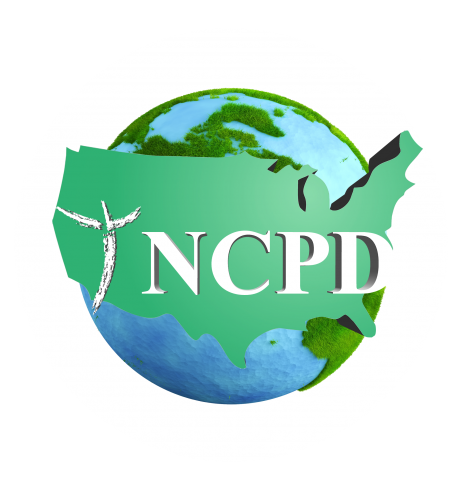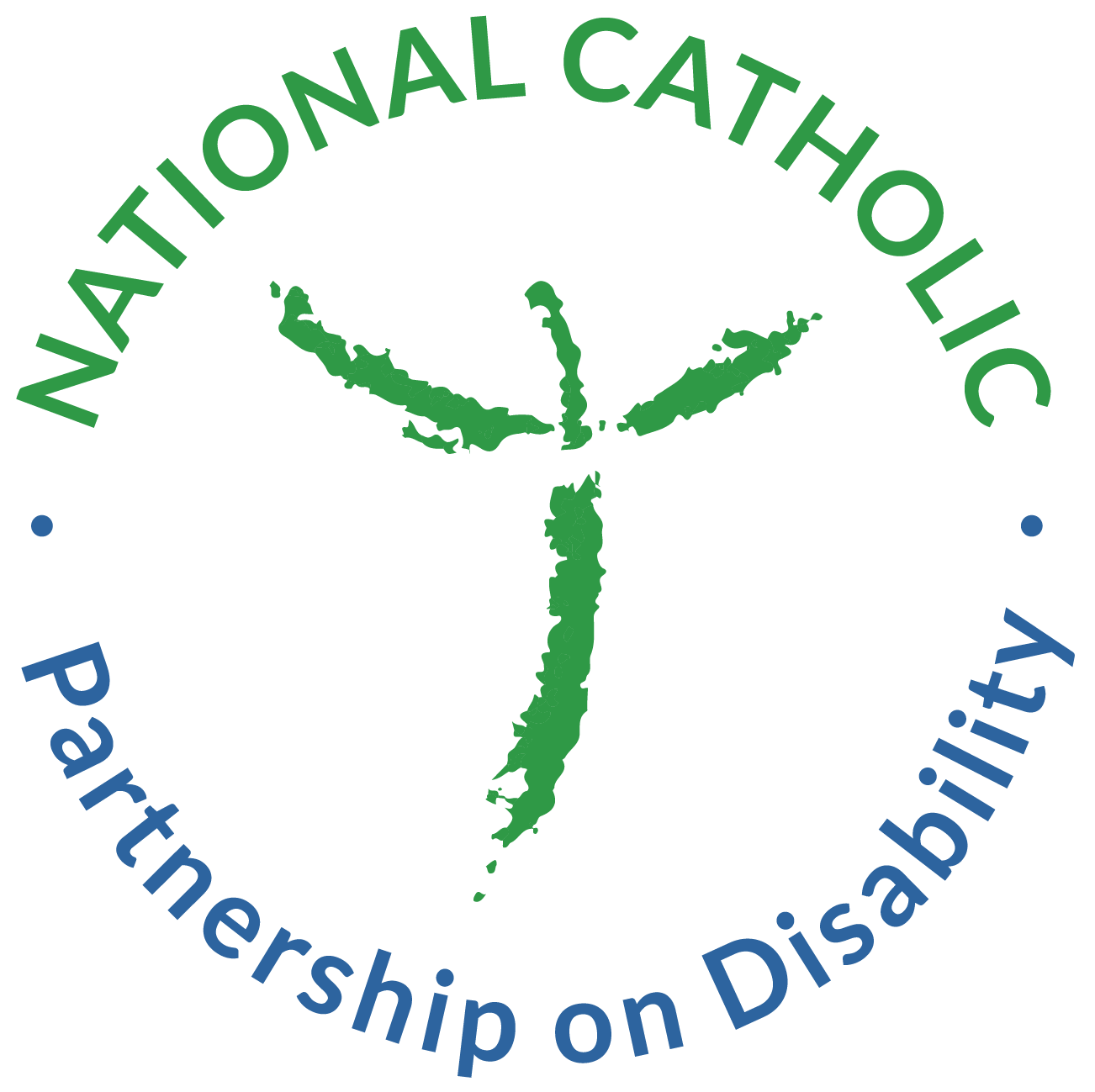
Editor’s Note: On November 19, 1992, NCPD Board member Most Reverend Francis E. George, Bishop of Yakima, addressed the fall meeting of the National Conference of Catholic Bishops (NCCB) in Washington, D.C. His statement commemorated the tenth anniversary of NCPD and reported on the efforts to implement thePastoral Statement of the U.S. Catholic Bishops on People with Disabilities.
The text of Bishop George’s statement follows.
I speak this morning for the Board of the National Catholic Office for Persons with Disabilities, on the occasion of the tenth anniversary of the founding of NCPD. Other bishops have been far more involved than I in its history, and the Board asked me to acknowledge especially the help of Archbishop Thomas Kelly in setting up the National Office while he was General Secretary of the NCCB.
NCPD takes this occasion to thank the bishops for the 1978 Pastoral Statement on People with Disabilities. That document calls for inclusion to the fullest extent possible of people with disabilities in the life of the Catholic Church. The statement furnished the impetus for creating, four years later, in 1982, NCPD out of the National Advisory Committee on Ministry with Handicapped People. With funding from the [American Board of Catholic Missions] ABCM, the Board of Directors, with Monsignor Thomas Cribbin of Brooklyn at its head, hired Sister Rita Baum as the founding executive director. Her place has been taken today by Mary Jane Owen. Funding of ordinary operations continues with grants from the Knights of Columbus and Our Sunday Visitor and with dues from the diocesan affiliates. The National Office networks, first of all, with the diocesan offices called for by the Pastoral Statement. It networks also with the National Apostolate with People with Mental Retardation, the National Catholic Office for the Deaf and the Catholic Association of Persons with Visual Impairments.
Representatives from these groups sit on the community accessible to all the disabled, NCPD publishes and distributes tapes, books and resources of all kinds. Most of these are listed and described in the two-volume pastoral manual, Opening Doors. NCPD also gives "Opening Doors Awards" to dioceses and organizations which have most successfully implemented the 1978 Pastoral Statement. This has been, in fact, the most thoroughly implemented of all the pastoral statements of this Conference.
NCPD has also used the 1978 Pastoral Statement as a foundation from which to press for civil legislation which opens previously closed doors in the general society, thereby fostering greater participation in public life on the part of citizens with disabilities. The greatest success in this venture has been the 1990 landmark Americans with Disabilities Act. This act makes it illegal to discriminate in transportation and telecommunications against anyone who has a mental or physical disability. More positively this law sets out patterns and means for helping people with disabilities become functional in situations which previously handicapped them.
All of us, I believe can take satisfaction in this movement toward making ours a more participatory church and civil society. Nevertheless, NCPD looks at the scene today with some anxiety.
In the Church, there is much greater access by the disabled to the sacraments and to various ministries. There is much greater awareness of how many people with disabilities there really are in our parishes and dioceses. These have been significant changes in attitudes towards our sisters and brothers with disabilities. Grateful for this, the Board of NCPD hopes that the U.S. Church’s self-understanding will continue to grow to appreciate the gift and the power of vulnerability, made visible in the disabled among us. Vulnerability creates relationships. It helps to create the interdependence which contributes to ecclesial communion. It reverses the false ideal to total personal independence. NCPD hopes that more and more, the Church will see herself as a community of solidarity with the vulnerable. In shifting the paradigm of inclusivity from disability to vulnerability, we come to see how the disabled have a particular gift to contribute precisely because they are limited. To appreciate this insight is, of course, to see with the eyes of faith.
In society, there has also been a shift in recent years from a medical model, which sees those physically or mentally impaired, to a political model, which conceptualizes the environment as the handicapping factor. The disabled have now been identified as a minority group whose individual rights have to be protected in law. This movement or shift is understandable, given the fact that the language of individual rights is the only public discourse available to us in the United States. This shift, however, easily reinforces the notion that, finally, we are what we can do and that the ability to participate, to be related to the community depends upon some ability to function. While this presupposition moves us to include people by making them as functional as possible, it can also serve to excuse our excluding those who, despite all our efforts, and all technological advances, are unable to function effectively.
The test case remains those so severely disabled that they are almost totally dependent on others, those who cannot now and will never be particularly skilled or able to speak or function effectively. Faith tells us they are valuable not because of what they can do but because they are loved by an infinite God. But as we look at our society today, the condition of the truly dysfunctional, of the most severely handicapped, is becoming more and more like that of the Jews in pre-Nazi Germany. The ideology to dispose of them is already in the air. They risk becoming the object of that frightening compassion which, in this country, first finds psychologically understandable and then sees as morally defensible and then declares legally permissible and finally makes culturally imperative even the most heinous crime. The stage is set once again to betray human solidarity in the name of a sometimes sincere but always false pity.
The Board of NCPD knows that you share this concern, and we thank you for it. We thank especially those who were bishops in 1978 and who crafted and passed the Pastoral Statement on People with Disabilities. We look forward with hope to its complete implementation in the years to come.

